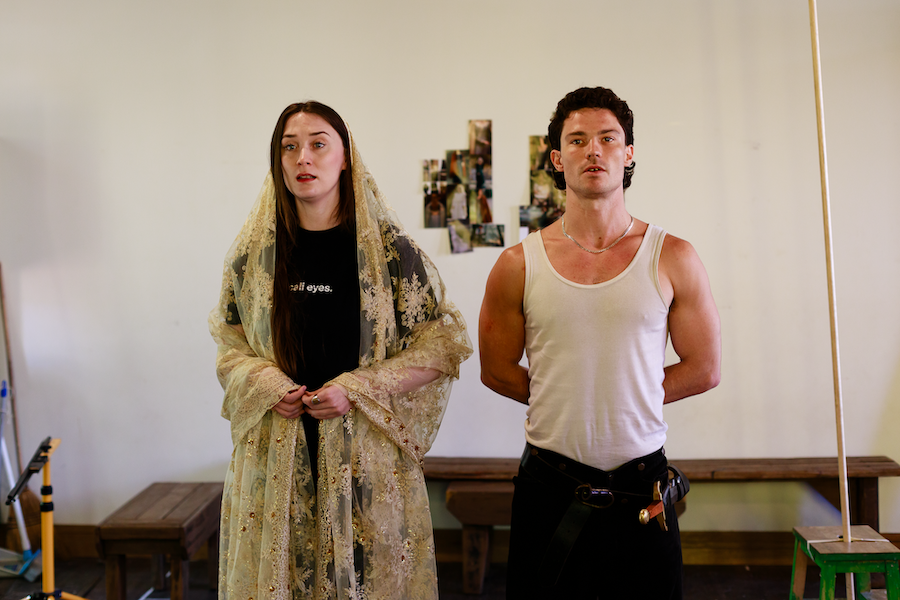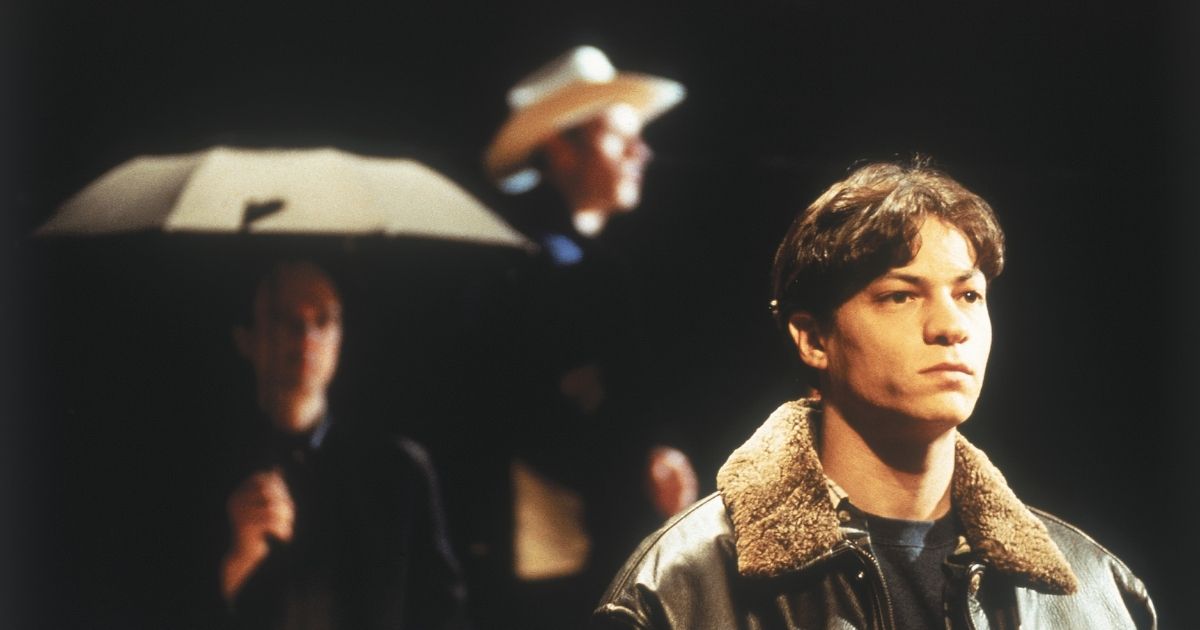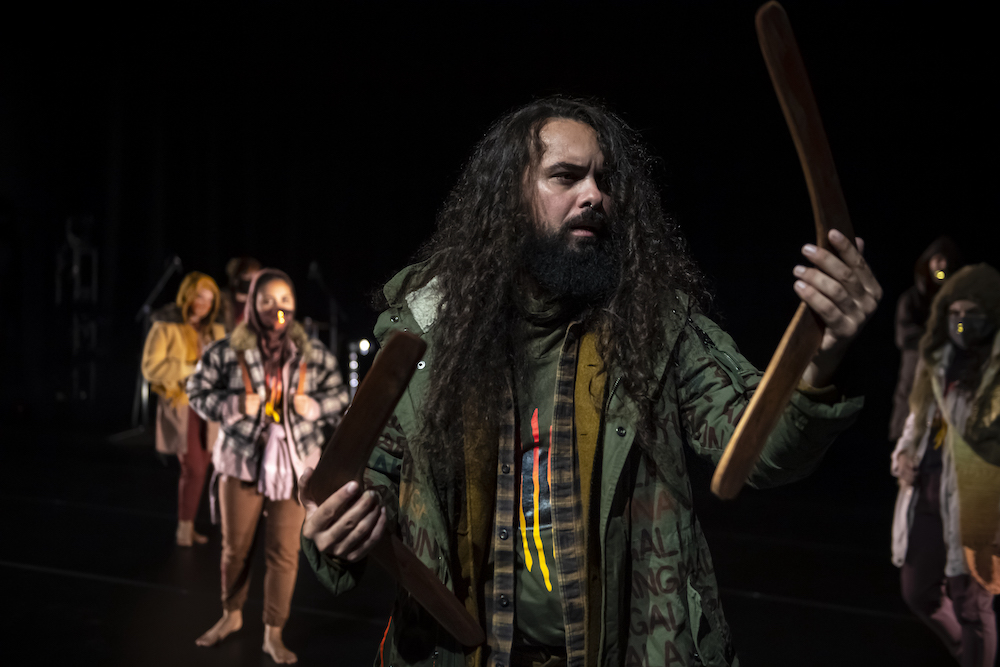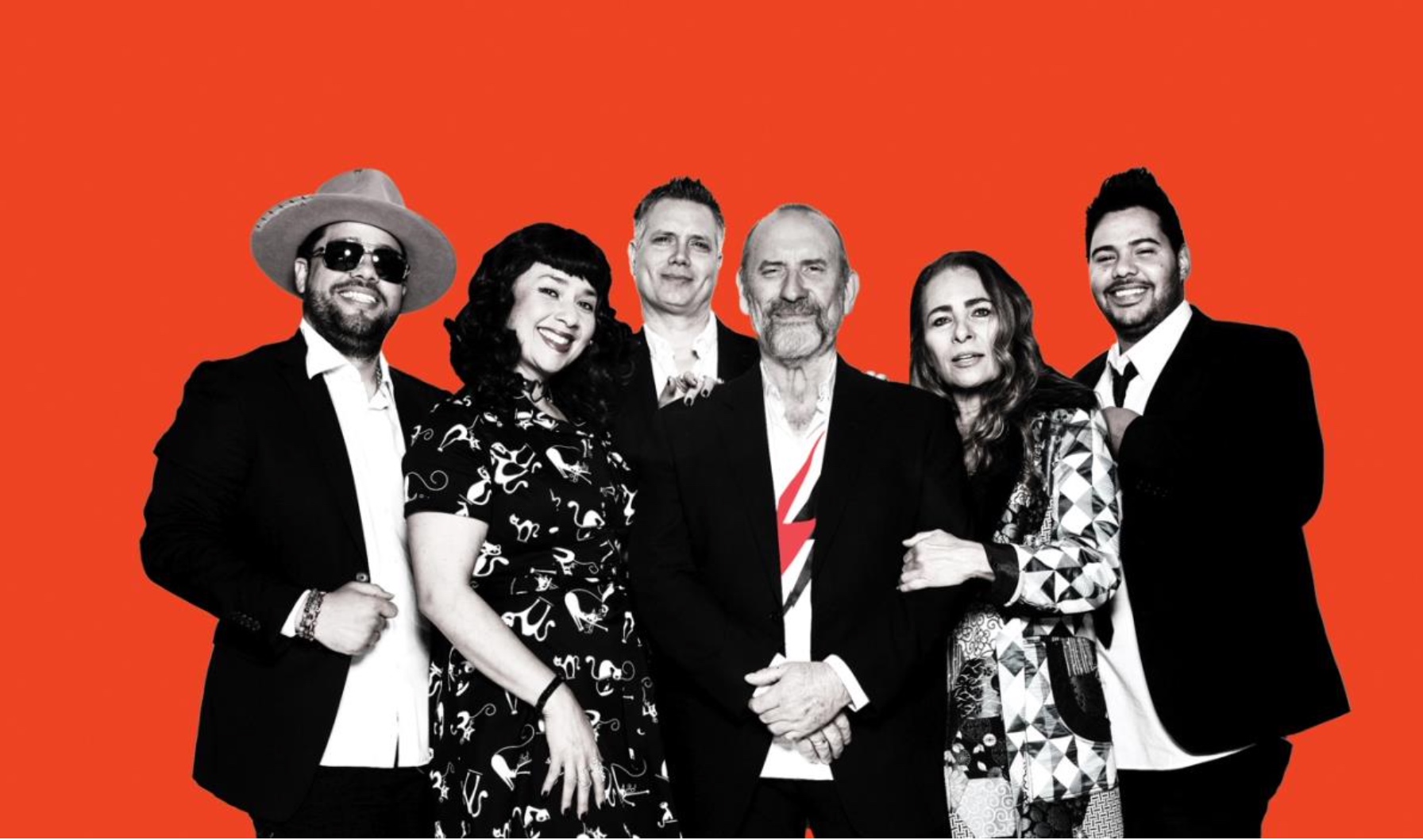
Thriving In The Hive

Gavin Smith is an inner city beekeeper with a difference. He wasn’t always a beekeeper and was for many years an art teacher. After Smith retired from teaching he found a renewed interest in the world of insects. Something that had fascinated him as a child. Before long he found his specialty, bees. Smith has excelled in restoring bee populations throughout the inner city and now is setting his sights on our long coast line.
Eventually, like us, the bees will be returning to a new normal. Maybe it’s not so impossible to turn back to a simpler life. We have learned much from this time in lockdown. So what have we learned so far? Well for one we’ve learned that even now after all we’ve done to it, the environment, like the economy, is capable of making a comeback. This is evident from the clearer skies we have been experiencing and the cleaner oceans, rivers and streams. Even the canals in Venice are devoid of their murky mystery and the Himalayas are visible from Pakistan. What has all this to do with bees you may ask? Well their world too has been going through terrible upheavals which have decimated their populations. What does this have to do with us? Plenty.
In Australia we have suffered a double whammy. No sooner were we watching the televised bushfire concert with Australia’s best performers and celebrating the end of the worst bushfire season we have ever known than Coronavirus was upon us. In the bushfires many lost their homes and businesses which directly affected us in the city too as produce became scarce and the air we breathed full of soot and chemicals. All along the coast, north and south, animals died in their thousands including koalas, kangaroos, possums and birds. City birds too were dying for lack of oxygen and good drinking water. It was no different for the bees.
No water. No flowering plants. No pollination. The bees habitat too was destroyed by the raging fires and their hives lost. “ Our relationship with bees is truly ancient and on every continent. They are worth billions.” said Smith.
Let’s look at some of the products pollinated by bees that we rely on all over the country. Apart from honey, there’s carrots, cherries, cotton, blueberries, apples, mangoes, cucumbers, pumpkins and a whole host of other fruits and vegetables including avocados. Where would we be without smashed avo? The almond export industry is worth millions every year and almonds are 100% reliant on bee pollination. Those of us in the city who pride ourselves on being health junkies are able to be so because of fresh produce helped along by bees. Meat eaters too benefit. Animals eat plants pollinated by bees.
Smith specialises in Tetragonula Carbonaria (Stingless native bees) also known as ‘sugar bag bees’ for which Smith sets up Top Bar Hives or Kenyan Hives as they are otherwise known for that is where they originated. Not only does Smith run workshops for up and coming bee keepers but he also mentors. He has set up beehives from Marrickville to Maroubra to Turramurra along with others from the Inner West Amateur Beekeepers Association. Right now Smith is in the process of delivering hives to bushfire devastated areas of the South Coast and is working alongside Illawarra Beekeepers to make re-pollination of flora and fauna possible for the farmers who rely on the sale of their crops and livestock for their livelihoods. There is a need for access to unburnt sections of national parks so that the bees can thrive in their hives. Smith and his supporters intend to set up at least 5,000 hives including on Kangaroo Island and in the Adelaide hills too.
By Renee Lou Dallow









